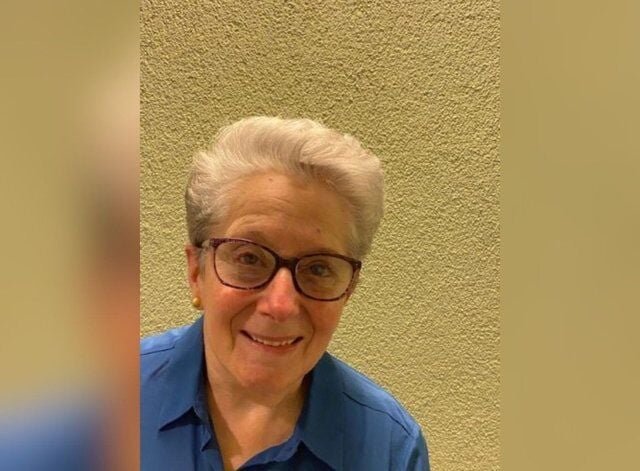Pamela Horton, a trailblazing North Vancouver disability advocate, has been posthumously awarded the prestigious Medal of Good Citizenship. Her lifelong dedication to supporting people with disabilities has now been recognized as part of a provincial celebration of community service.
Horton was one of 18 recipients announced this week as a 2025 Medal of Good Citizenship honouree. The award is one of the highest distinctions in British Columbia, celebrating individuals who make meaningful and lasting impacts on their communities through acts of service.
Horton passed away in May, leaving behind a legacy of advocacy that spanned over 50 years. Throughout her life, she worked to promote dignity, equal rights, and inclusion for people with disabilities—not only in B.C., but across Canada.
She was best known for her role as the first executive director of Disability Alliance BC, a leading organization focused on disability rights and support. During her time there, Horton helped create key programs, including Tax AID—a free service that helps people with disabilities file their taxes with confidence and ease.
Even after stepping down from her executive role, Horton remained active on the organization’s board. Her dedication never faded, and she continued to provide guidance and support until her passing.
Her efforts also made public transit more accessible. Horton was a founding member of the Access Transit Users’ Advisory Committee. Through this group, she played a major part in pushing TransLink to improve transportation access for people with mobility needs. The committee was central to launching the Access Transit Strategy in 2005 and introducing buses with lifts.
In the late 1990s, she became the first person with a disability appointed to the BC Housing board. Her appointment was a significant step in making housing policies more inclusive.
Horton’s influence reached as far as national policy. She was involved in shaping important laws such as the Accessible B.C. Act and Bill C-7. The latter allows for medical assistance in dying under certain conditions. Both pieces of legislation aimed to provide more autonomy and fairness for people with disabilities.
Her advocacy work continued despite her own health challenges. Horton lived with multiple sclerosis, a long-term condition that affects the brain and central nervous system. Still, she never let her illness slow her down. She remained a strong voice for change, using her own experiences to push for better support systems.
“Pam’s lifelong commitment has transformed lives, policies and public institutions,” her biography states.
Since its launch in 2015, the Medal of Good Citizenship has been awarded to 196 people who have gone above and beyond in helping others. The award is meant to highlight those who make a real difference—not for money or fame, but simply to improve their communities.
In a statement released Monday, Premier David Eby praised the recipients for their selfless contributions.
“This marks a decade of celebrating exceptional people who do remarkable things out of the goodness of their hearts,” Eby said. “This year’s honourees show what it means to be a good citizen by helping others with kindness, care, and commitment.”
Pamela Horton’s story stands as a powerful reminder of what one person can achieve. Her tireless work made British Columbia a better place for countless people living with disabilities.
Her posthumous award is a tribute to her life, her passion, and her unwavering drive to build a more inclusive society.

